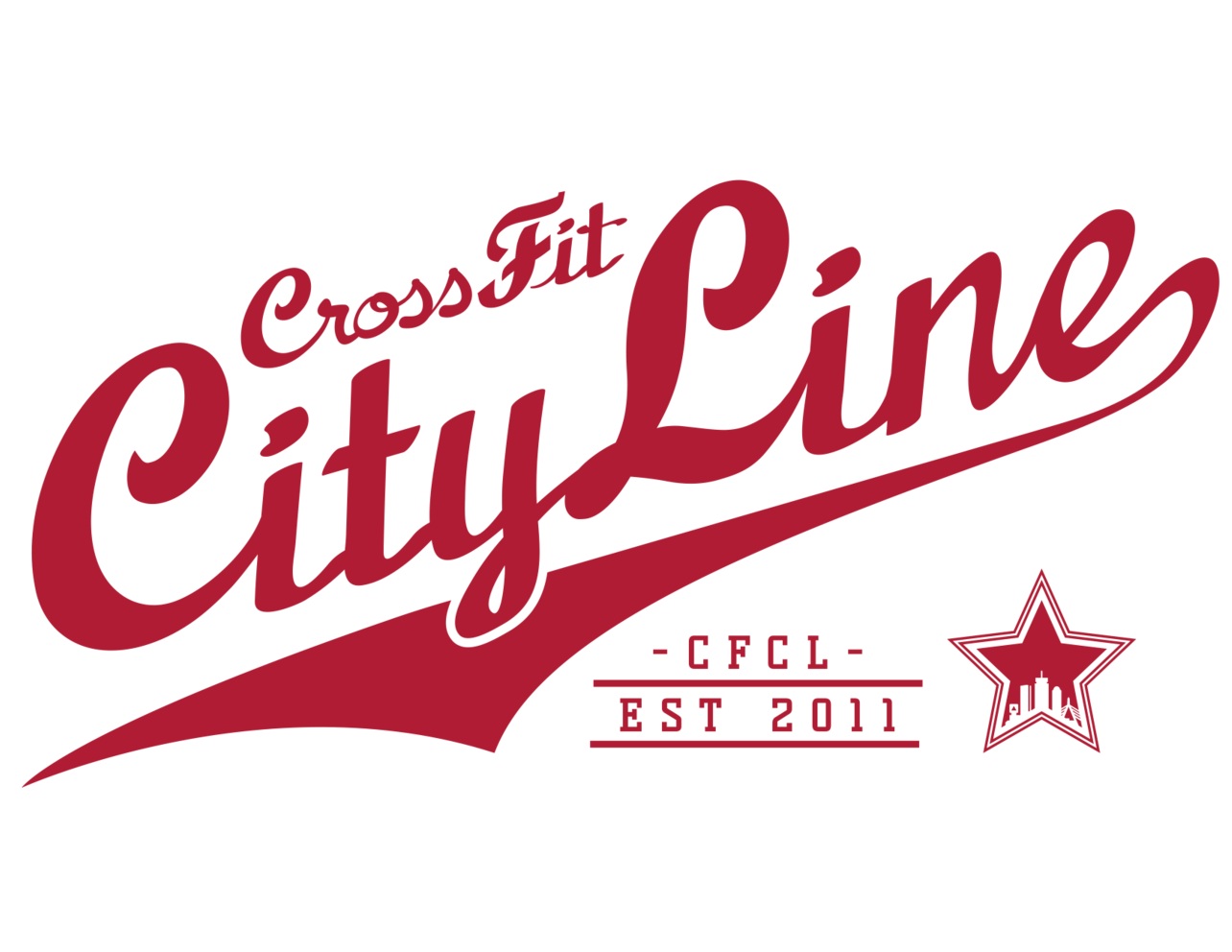Comparison is the Thief of Joy
Focus and determination.
-by Coach Rachel Binette
Have you ever finished a workout satisfied that you went fast or heavy, only to feel disappointed in yourself after seeing someone else’s results?
Do you feel that you have to look at the leaderboard in order to determine what weight or how fast or how many rounds you should be shooting for in the workout?
Have you ever explained your results to someone else, almost as though you were making excuses for it?
This is a common phenomenon in CrossFit--we value observable data as a principle, because knowing that our times for benchmark workouts are faster than they were before, or that our 1 rep maxes are getting higher is a definite measurement of improving fitness levels. Comparing where we started and where we are now is a valuable tool for assessing our progress.
However, comparing ourselves to others is a recipe for unhappiness. We know that doing so outside of the gym is a bad idea. What other people’s lives look like to us from the outside is rarely the entire story--social media has a way of telling stories that never appear as process, only as results. We all know that a great marriage is not made up of vacations and date nights, and great parenting is not made up of first-day-of-school photos and graduations. The work put in, day in and day out, the small little details that make up a life, are not viewed as worthy of putting on social media, but that process is what creates fulfillment and success. The same is true when it comes to training. What others have achieved in results is a process that takes years, and the information available to us when we see results is very limited.
In addition to general unhappiness regarding training, comparing ourselves to others also leads to underperformance. Over time, we learn where we “stack up” in the gym, and we hold ourselves to meeting that expectation, rather than meeting expectations of high effort. Developing our ability to assess our performances internally is a necessary skill that we skip when we need external feedback (i.e.: the whiteboard) to determine what a good performance is. Much more serious and detrimental, in comparing our scores to everyone else’s, we learn to value results over progress and process.
Great technique is the result of hours, weeks, months, and years of dedication.
What we accomplish when we decide to put forth our best effort is different than what we accomplish when we hold ourselves to results-oriented expectations. If the only goal is to beat certain individuals in the gym, are we giving everything we have to our workouts? Are we truly reaching our potential when we are satisfied with how we stack up? How do we know that our “competitors” are actually at the top of their game? On the flip side, what about when something doesn’t go the way we thought it would--are we going to be disappointed in giving everything we had to a workout because we didn’t beat someone we thought we would? Focusing on the results of our performance, rather than recognizing that we gave our highest level of effort, teaches us to dwell on things that we cannot control.
Things that we can control:
-Our sleep.
-Our nutrition.
-Our mobility and recovery efforts.
-Our physical effort, each training day and how often we’re able to train.
-Our mental finesse. Focus, positivity, and grit.
Things that we cannot control:
-Weather.
-Music.
-Equipment.
-Other people’s effort, including their training for the past year.
CrossFit Games Reporter: “In terms of the head-to-head race within each event, you always have this awareness of where every other athlete is on the floor. Does their performance drive you and impact the way you strategize?”
Fittest Man on Earth 2016-2017, Mat Fraser: As he shakes his head, “You know, I try to just run my own race.”
CrossFit Games Reporter: “What sort of expectations do you have for yourself?”
Second Fittest Man on Earth 2017, Brent Fikowski: “I just want to do my best in every event. If I can leave saying I did my best, whether it’s 1st or 40th, I’ll be happy.”
We must learn to think and act like these champions. After each training day, without using the leaderboard to assess, ask yourself the question, “Did I do my best?”
Everyone has their own race to run when it comes to training. Staying in our own lane is a skill that takes practice, especially if we have gotten into the habit of comparing our scores after a workout. Commit to thinking like a champion: stay focused on your effort, leave everyone else to their own training, and experience the joy of knowing when you’ve done your best.


